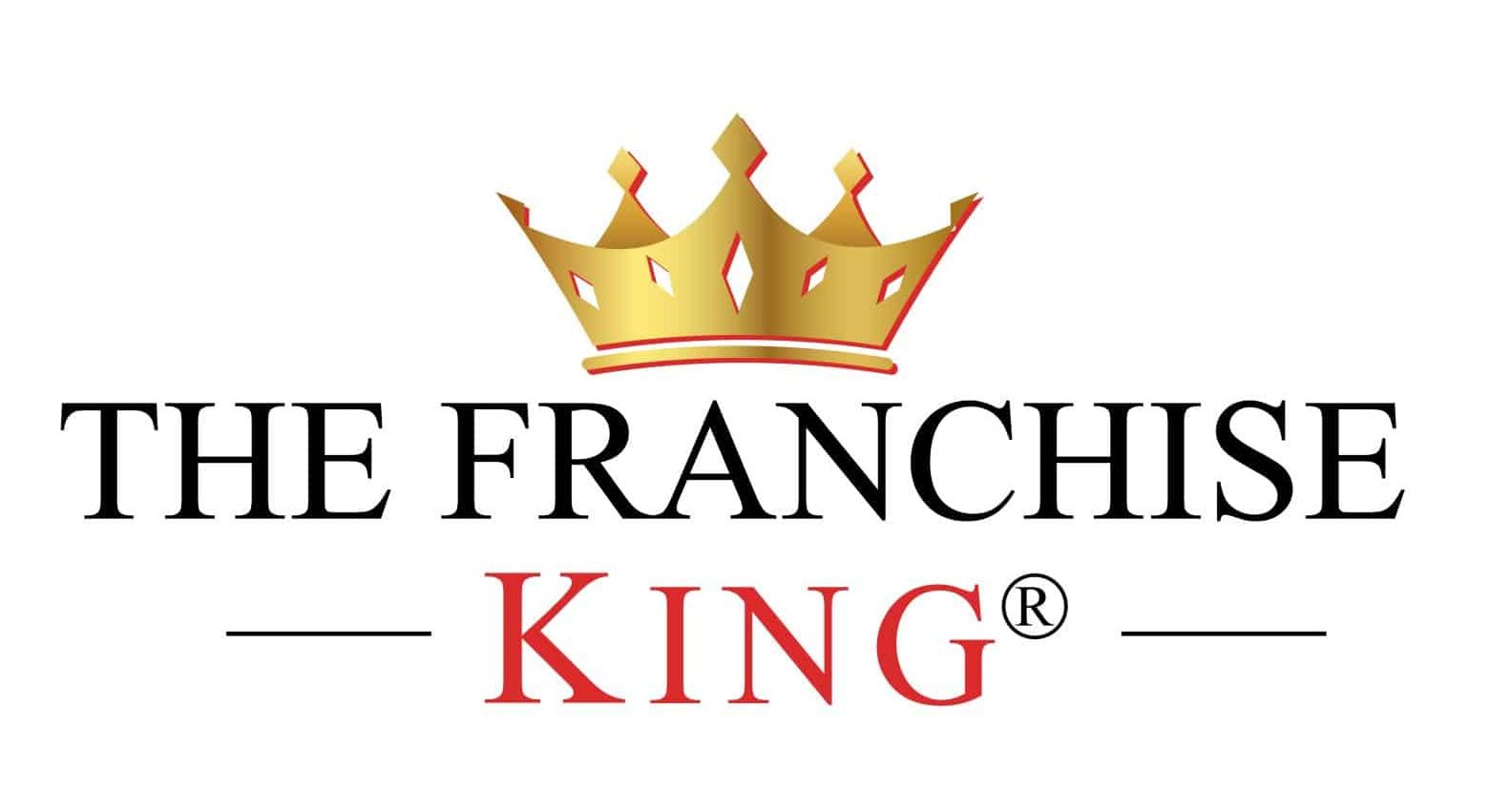
Franchise businesses aren’t just about turning profits. They play a pivotal role in shaping and strengthening local communities.
In this article, I’ll explore 5 ways local franchise businesses make a positive impact on the neighborhoods they serve.
Key Takeaways: How Franchises Strengthen Local Communities
Franchise businesses are powerful economic engines in local neighborhoods. Why?
Because they create jobs for residents, support local suppliers, and pump money directly into the community tax base.
In fact, most local franchises are owned by local entrepreneurs who live in the same neighborhoods they serve. These business owners aren’t just collecting profits. They’re investing in their communities through sponsorships, charity work, and local hiring. The economic ripple effect is real and measurable.
Beyond economics, franchises fill essential community needs. How?
They provide convenient access to goods and services that improve daily life. From affordable meals to everyday necessities. Successful franchises embrace diversity by hiring from different backgrounds and serving various cultural groups. They become part of the community fabric, not separate from it.
The Bottom Line
When you support a local franchise, you’re supporting your neighbor’s business and strengthening your community’s economic foundation. Keep reading.
5 Ways Franchise Businesses Help Local Communities
1. Job Creation and Economic Growth: One of the most significant contributions of franchise businesses to local communities is job creation.
By establishing franchises in various sectors, from food and beverage to retail and services, these businesses provide employment opportunities for individuals within the community.
So, whether it’s hiring local residents or supporting local suppliers, franchises stimulate economic growth and help bolster the local economy.
My friend, Paul Segreto, continues to write about the fact that sometimes local franchises aren’t looked at as local businesses. But they need to be.
2. Supporting Small Business Owners: Contrary to popular belief, many franchise businesses are owned and operated by local entrepreneurs. These individuals invest in their communities by opening franchise locations, creating jobs, and contributing to the local tax base.
In a nutshell, franchise ownership offers aspiring small business owners the opportunity to realize their business dreams with the support and resources of an established brand, thereby fostering entrepreneurship and innovation at the grassroots level.
3. Community Engagement and Outreach: Franchise businesses are deeply rooted in their local communities, often engaging in philanthropic initiatives and community outreach programs.
Whether it’s sponsoring local events, participating in charity drives, or volunteering their time and resources, franchises demonstrate a commitment to giving back and making a positive difference in the lives of community members.
Seeing that, these acts of goodwill not only benefit those in need but also strengthen the bond between franchises and their surrounding communities.
4. Providing Access to Goods and Services: Franchise businesses play a vital role in providing essential goods and services to local communities and the residents they serve, enhancing their quality of life and convenience.
From quick-service restaurants (QSR)offering affordable meals to retail franchises offering everyday necessities, these businesses cater to the diverse needs of community members, contributing to their overall well-being and satisfaction.
Simply stated, by offering convenient access to products and services, franchises become integral parts of the daily lives of individuals and families within the community.
5. Promoting Diversity and Inclusion: Many franchise businesses prioritize diversity and inclusion in their operations, reflecting the diverse demographics of their local communities.
Whether it’s hiring employees from diverse backgrounds, catering to the preferences of various cultural groups, or embracing inclusivity in marketing and advertising efforts, franchises celebrate the rich tapestry of their communities.
By fostering an environment of acceptance and respect, franchise businesses contribute to the social fabric of their local communities and promote unity and harmony among residents.
Franchises Are Pillars of Strength in Local Communities
In conclusion, franchise businesses are more than just commercial enterprises; they’re pillars of strength and support within local communities.
From creating jobs and supporting small business owners to engaging in philanthropy and promoting diversity, franchises play a multifaceted role in enriching the lives of community members.
Finally, by recognizing and appreciating the contributions of franchise businesses, all of us can foster greater collaboration and maybe even cohesion within our neighborhoods, ensuring a brighter future for all.
FYI: Remember to support Small Business Saturday. Learn more
About the Author
The Franchise King®, Joel Libava, is a leading franchise expert, author of "Become a Franchise Owner!" and "The Definitive Guide to Franchise Research." Featured in outlets like The New York Times, CNBC, and Franchise Direct, Joel’s no-nonsense approach as a trusted Franchise Ownership Advisor helps aspiring franchisees make smart, informed decisions in their journey to franchise ownership. He owns and operates this franchise blog.
Note: When you buy through links on this website, we may earn an affiliate commission.









